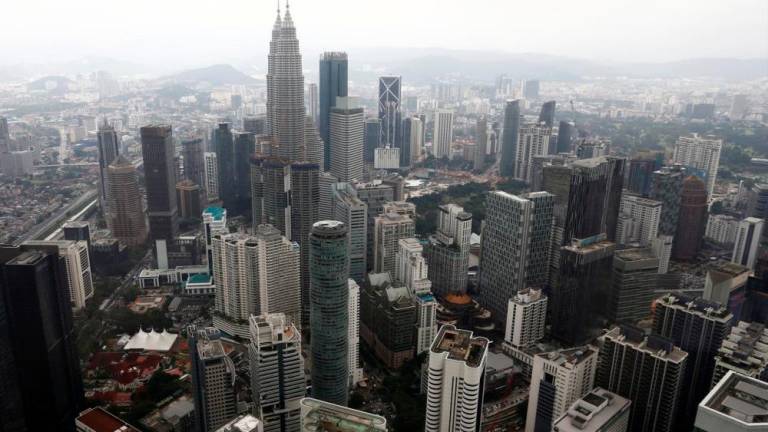BY the end of September, Malaysia will end its moratorium on bank loans. By that time, whether a business is struggling or not, they need to resume paying their loans.
Now this is all fine and dandy if businesses are making money, but during the MCO and its subsequent variations, a huge number of businesses make zero or negligible revenue, making it tremendously difficult to pay their full rent on commercial spaces, without the threat of bankruptcy. You can imagine the situation.
During MCO, shopping malls and businesses taking up shop lots are not allowed to open. But there is no law or regulation stopping landlords from demanding full rental payment from tenants even during these difficult times. At the shopping malls, not only do businesses need to pay for rental fee for their space, but they also need to pay for service charge and promotional fee, chargeable per square feet.
Why do these businesses need to pay promotional fee when there is nothing to promote? What services is the shopping mall rendering to the business when the malls are closed and there is no central air-conditioning to pay for? Why is it that tenants need to bear the full brunt while landlords, who still enjoy tax breaks, have the right to demand full rental payment?
As we all know, the Covid-19 pandemic has gravely impacted trade and put the economy to a grinding halt. The effects on businesses have been devastating as revenues froze, forcing massive worker layoffs, and threatening these businesses with bankruptcy.
Statistics show the Asia-Pacific region has the highest case of insolvency, standing at 4.2%, by virtue of its trade intensity with China and as a result of its monetary and fiscal positions.
Malaysia’s insolvency cases between 2015-2019 was recorded at close to 81,000 cases.
This figure will undoubtedly spike once we know the final numbers at the end of the loan moratorium in September. Even before the moratorium, we could already see a plethora of bankruptcy cases, even with big companies that have made headlines of late.
And this is very alarming since SMEs, which will be the worst hit due to this pandemic, employ 66% of the total workforce in this country.
If they are not protected, these SMEs will collapse and the massive unemployment that ensues will create a deep problem for the economy, which will recover only after many years. Hence the government must at all cost, keep the businesses afloat so that employment is kept intact, thereby maintaining consumer spending and avoiding a damaging recession.
For this, the International Strategy Institute (ISI) recommends the government enact a special Covid-19 Act on rental moratorium, so that businesses do not need to pay for rental space that they have been deprived of using since the lockdown, and incentivise landlords, especially shopping malls to ease the burden on the tenants.
The natural question is, who will pay for this massive undertaking to keep businesses afloat? This is the responsibility of the government and the central bank to ensure there is enough funds to finance this bid to save the private sector from collapsing.
As mentioned in our earlier article on Covid-19, fiscal deficits can be dealt with when the country gets back on track after the recession.
Even if Malaysia has to resort to quantitative easing, nothing is more critical than making sure the private sector does not collapse, because it is the nucleus of economic activity, of unemployment, and the impetus that maintains consumer spending that fuels economic growth.
This intricate economic relationship is worth saving at all cost. Let’s hope Malaysia does the right thing in these difficult times.
Cheah Chyuan Yong is the chairman of the International Strategy Institute (ISI) and this article reflects his personal views. Comments: letters@thesundaily.com














